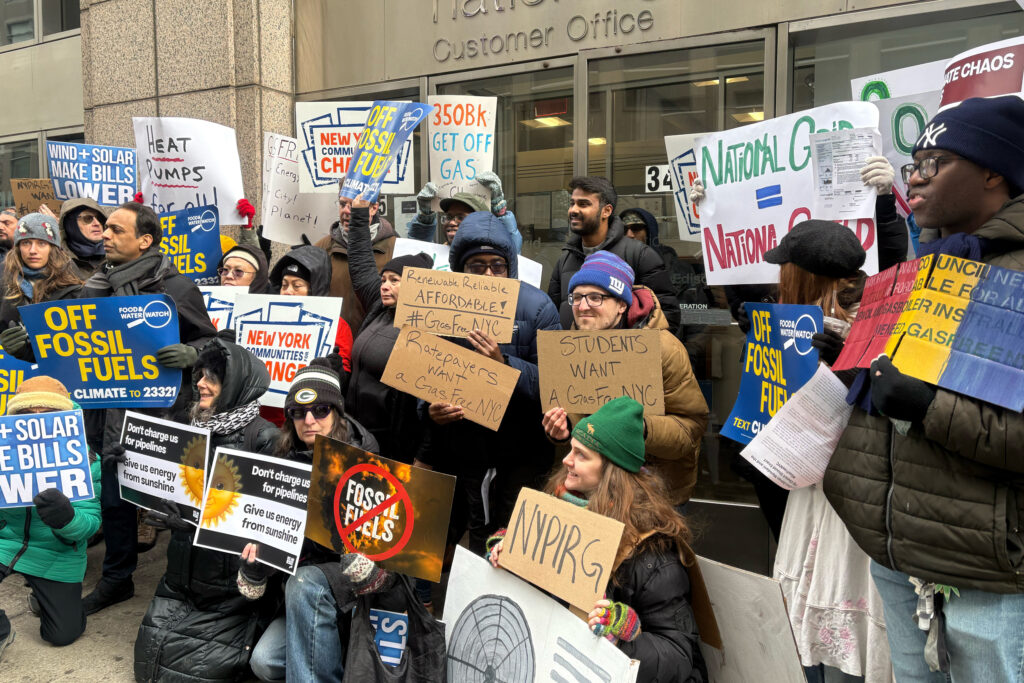The Department for Environment, Food and Rural Affairs (Defra) has appointed a new ‘responsible body’. Ecological consultancy RSK Biocensus – and specifically its biodiversity net gain (BNG) team RSK Wilding – is one of the first organisations authorised to work with landowners and developers to secure areas of conservation and biodiversity.
RSK Wilding Senior Legal Adviser Natalie Bryce said that a responsible body was a new position created by the Environment Act 2021 and allowed for contracts, known as conservation covenants, to be entered into. These are agreements on how an area of land can be used and can include positive obligations, as well as restrictive ones. They have to be for the public good and have a conservation purpose. Once the conservation covenant has been agreed, it is registered as a local land charge and becomes binding for all future owners of the land.
Defra’s guidance during the consultation period described conservation covenants as a new legal tool to help landowners: “Leaving our environment in a better state than we found it for future generations to enjoy requires long-term investment and stability. Where landowners seek to secure positive environmental outcomes, they have no adequate mechanism to secure those benefits over the long term. We need a new legal tool – conservation covenants.”
Natalie added: “The beauty of conservation covenants is that they offer a quicker, more flexible and more effective way of ringfencing land for a certain use as opposed to using a planning obligation (or section 106 agreement).
“Our shared goal is for the landowner to be able to protect, conserve or enhance the land as they wish and get the planning permissions they need if BNG is needed for a development.”

Natalie said that the role of the responsible body was to provide the legal solution by way of a conservation covenant, which will be drafted by RSK Biocensus’ legal team.
“We will also monitor the landowner’s obligations under the covenant to ensure the land is being used as it should. RSK Wilding, part of RSK Biocensus, will review the land management plans and collaborate with the landowner to agree the most beneficial system of monitoring.”
She said that the system would be particularly useful given the recent change in planning law. “From 12 February this year, most planning permissions, with some exceptions, will be granted only if the landowner or developer can show that they are not just offsetting their biodiversity loss but are replacing it with a minimum 10% BNG over a period of 30 years or more.
“Landowners can create and/or enhance areas for habitats on their land and register the resulting uplift in biodiversity units (along with a legal agreement) on the government’s new biodiversity gain site register. These units can then be sold to developers that need to secure off-site BNG.”
Some examples of how the new system could work include:
- A developer who needs planning permission can ring-fence on-site land, or buy land external to their development site, and secure their 10% BNG with a conservation covenant.
- If a developer does not wish to buy the BNG land, they can purchase BNG units – these can be secured by a covenant between the landowner and a responsible body.
- A habitat bank that is buying land to be split into units can secure these with a conservation covenant before allocating to buyers.
- A local authority that is building a development can enter into a conservation covenant with a responsible body, simplifying the planning process for itself.
Natalie added that conservation covenants can have a wide range of uses beyond BNG and can be used for any type of conservation, from protecting heritage assets and mitigating flooding to ensuring nutrient neutrality. They can be wide or very specific, for example, preventing the use of a specific pesticide on certain flora.

















